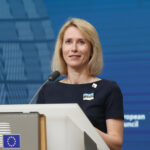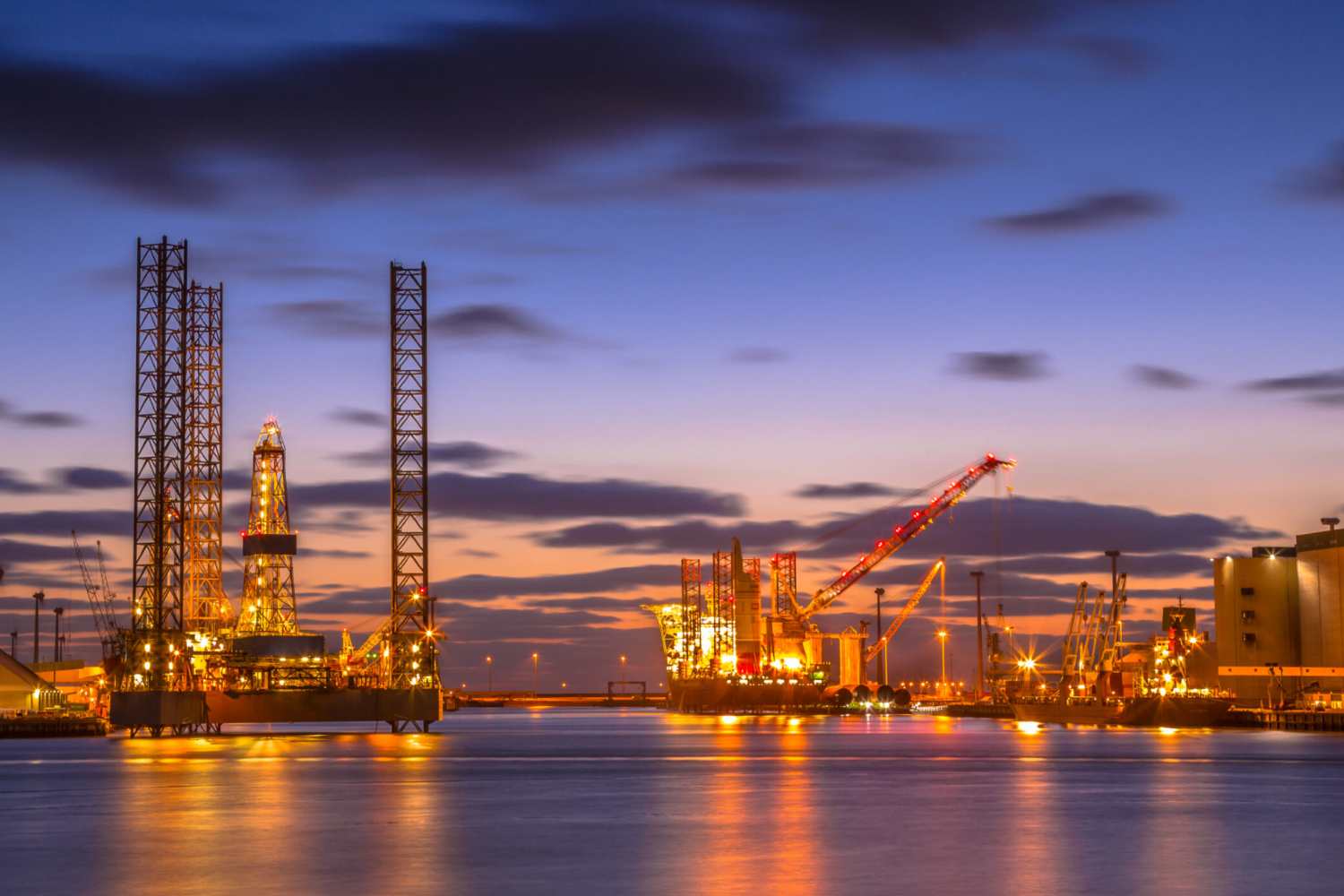Ushering MSGBC Oil, Gas & Power 2022 (https://bit.ly/3a4fuRb) to a triumphant close, the final Ministerial panel of the conference convened under the theme, “The Future of Africa’s Energy: COP27 and the Road Ahead,” presenting a unified African position on energy autonomy and security ahead of the UNFCCC’s 27th Conference of Parties in Sharm El-Sheikh, Egypt at the end of the year.
Speakers included H.E. Sophie Gladima, Minister of Petroleum and Energies of the Republic of Senegal; H.E. Dr. Omar Farouk Ibrahim, Secretary General of the African Petroleum Producers’ Organization; H.E. Gabriel Mbaga Obiang Lima, Minister of Mines and Hydrocarbons of the Republic of Equatorial Guinea; H.E. Bruno Jean-Richard Itoua, President of OPEC and Minister of Hydrocarbons of the Republic of the Congo; Hon. Tom Alweendo, Minister of Mines and Energy of the Republic of Namibia; and Milton Catelin, Secretary General of the International Gas Union. NJ Ayuk, Executive Chairman of the African Energy Chamber, moderated the session.
During the ministerial panel, speakers emphasized that up until now, climate change policies have largely been dictated by western and environmental organizations, organizations which have failed to consider Africa’s energy crisis.
“There is nothing different from a just transition other than what is already in the Paris Agreement. There is a principle about equity and the ability of countries to transition in the agreement. The developed countries eventually agreed to it. They didn’t like it, but they agreed to it. Let’s talk about what we can do. What we are saying is that we must not be forced to do what will destroy our future and our children. We need energy to sustain our future generation. Those who are responsible for the mess we see today, should be responsible for change,” said H.E. Dr. Ibrahim.
“When somebody is sick, you need to diagnose what is wrong. If you do a bad diagnosis, you will never cure it. I believe that the Paris Agreement was not a good diagnosis,” H.E. Minister Lima expressed, adding that, “I am not pro fossil fuel; I am pro fossil fuel for Africa. Developed nations enjoyed the resource, they contaminated the world, they should be the ones who change their lifestyle. To tell Africa to stop fossil fuels is unfair. I am pro fossil fuels for Africa so that we can develop.”
As such, Africa needs its own Africa-focused approach to mitigating climate change while correspondingly eradicating energy poverty.
“Only Africa’s hydropower potential will enable us to cover the needs of people in Africa. Considering solar, where no one can compute the amount, and if you add gas and wind, Africa is in excess of energy. When you look at policies of Africa in terms of development, energy has never been a priority in Africa. We have never been able to make energy a priority at national level. The difference today is that the discourse we are having is that African should be prioritized. This is the first-time people are talking about this. This is not the Paris Agreement or the energy transition but to make sure the energy potential in Africa is made available to the continent,” H.E. Itoua stated.
According to Hon. Alweendo, “Namibia is developing green hydrogen simply because we have the natural resources to be able to harness it. Green hydrogen is not likely to be the source for electricity. This is mostly for hard to abate industries, the manufacturing and mining. It is more for movement and transportation and not so much for giving electricity to the people. Therefore, gas to power remains part of the solution.”
The crucial importance of aligning African narratives on matters of energy and climate was underlined following yesterday’s Dakar Declaration joint statement endorsed by the ministers, now set to be taken forward to the G7 and G20 summits before finally arriving at COP27.
“People talk about energy transition, but before you talk about it, you need to have energy. The voice of Africa should be heard. We must exploit our resources. Yes, we must think of protecting the planet but we must think of humankind on this continent. Gas has the opportunity to provide fertilizer to feed Africa, should we say no to it? We have to work hand in hand so as to exploit our resources. For COP27, the voice of Africa should be heard. Where decisions are made, Africa must be there,” stated H.E. Gladima.
“Africa is the future for the world. Africa is the hope for the world, it offers solutions and practical considerations around global issues. This continent brings a practical approach to the challenges we face such as climate change. Without having a healthy growing economy, you do not have the inclination of resources or the time to devote to stewardship of the environment. The most robust arguments about the environment are put forward by wealthy countries that have developed economies. Renewables have an important role to play globally, but gas has an important role to play globally and locally. Renewables have an important role but it is only something you can do with a developed economy. In terms of hydrogen, this will be part of the global mix and part of the solution, whether it’s a solution for Africa is a different question. This is a question that needs to be answered by Africa,” stated Catelin.















